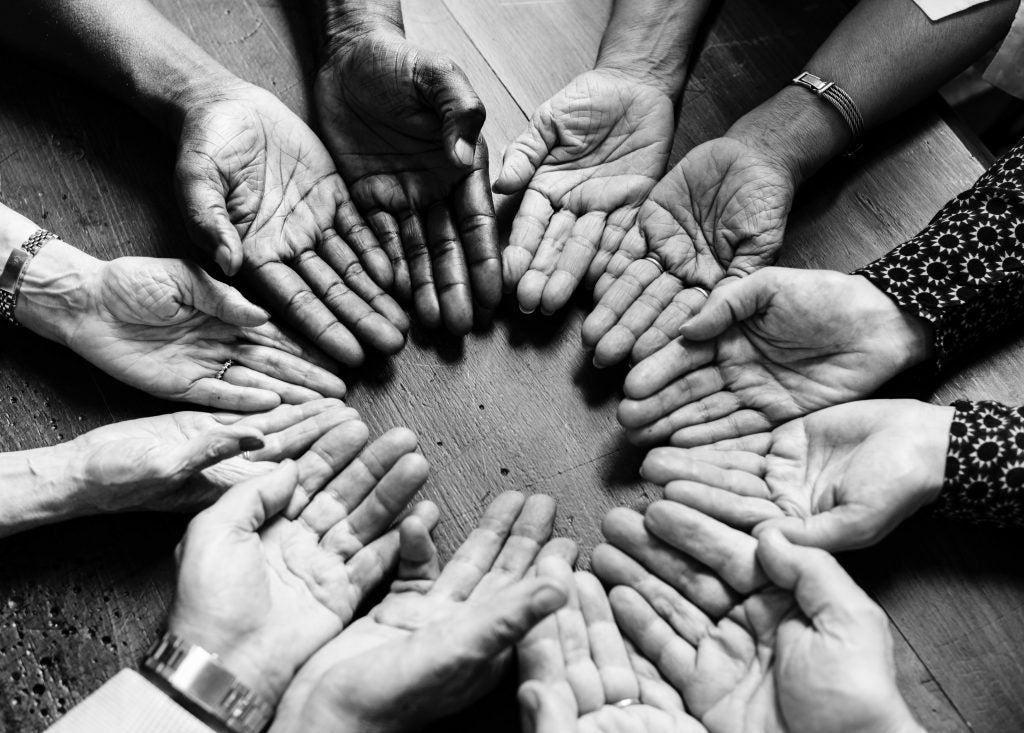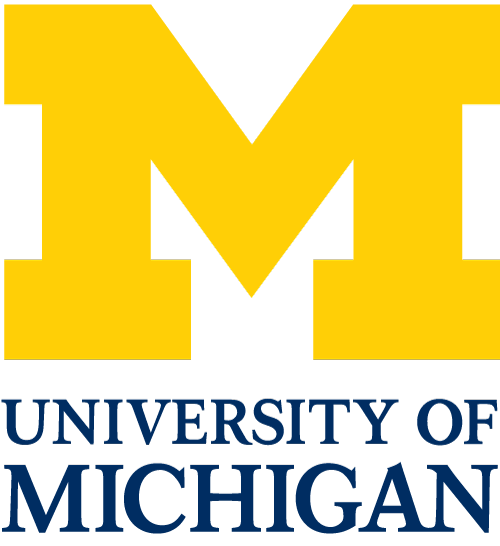Individual Action
Although not an exhaustive list, these are a few key actions people can take to help reduce eutrophication:
- Compost your food
- Reduce the use of harmful fertilizers
- Support policies or policy makers that advocate for addressing the issue of eutrophication
-
- From promoting more education or awareness programs to restricting the usage of harmful fertilizers, learn how you can get involved by researching your local government
-
- Participate in Citizen Science Initiatives
-
- See our Citizen Science Page
-
Increase Education and Awareness
As a reputable public school, U of M has a tremendous opportunity to educate a large community of people, both on and off campus. Going zero waste and composting at places like Big House events is a great way to draw attention to and educate people on sustainable actions they can take. However, they could further improve these sustainability initiatives by implementing programs to educate students and the broader community on eutrophication. Beyond simple recycling or composting guides, people can learn how they can prevent harmful runoff/fertilizers from negatively impacting the Gulf.
Set a Precedent for Other Institutions
By acknowledging that eutrophication is occurring and understanding U of M’s contribution to it, developing a more comprehensive plan would not only educate people about the problem but also offer an example for how to address it. Going above and beyond decreasing fertilizer use or composting would allow U of M to impact social standards by encouraging other schools to do the same. This would ultimately raise awareness about eutrophication and assist the community in connecting our actions in the Midwest to harmful runoff in the Gulf of Mexico.


